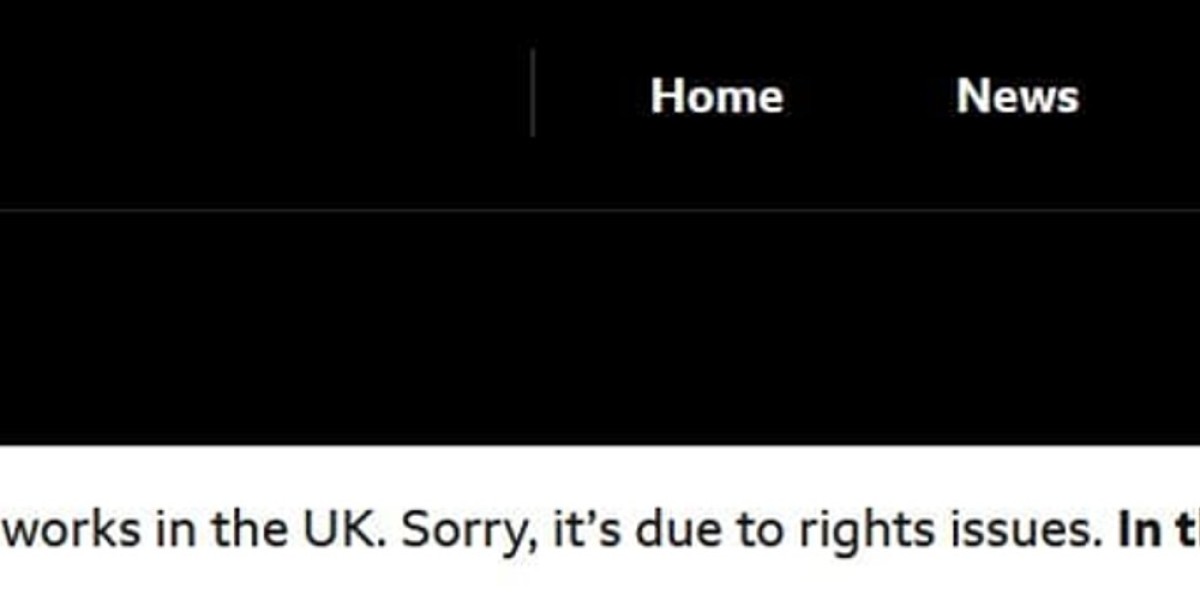The CA Foundation Exam, conducted by the Institute of Chartered Accountants of India (ICAI), is the entry-level test for aspiring Chartered Accountants. Designed for students post-Class 12, it tests knowledge in accounting, law, mathematics, and economics. With exams scheduled for September 2025 and January 2026, and a pass rate of 20–30%, effective preparation is critical. This article provides a structured approach to excel in the CA Foundation Exam, tailored for students in cities like Prayagraj or beyond, aiming to succeed in 2025–26.
Understand the Exam Structure
The CA Foundation Exam comprises four papers, each carrying 100 marks, conducted over four days:
Paper 1: Principles and Practice of Accounting – Covers journal entries, ledger accounts, depreciation, and financial statements (subjective, 3 hours).
Paper 2: Business Laws and Business Correspondence and Reporting – Includes mercantile laws, company law, and communication skills (subjective, 3 hours).
Paper 3: Business Mathematics, Logical Reasoning, and Statistics – Tests arithmetic, algebra, reasoning, and statistical methods (objective, 2 hours).
Paper 4: Business Economics and Business and Commercial Knowledge – Focuses on microeconomics, macroeconomics, and business concepts (objective, 2 hours).
Papers 1 and 2 are subjective, while Papers 3 and 4 are MCQ-based. A minimum of 40 marks per paper and a 50% aggregate (200/400) is required to pass. Exams are pen-and-paper based, with negative marking (–0.25 per wrong MCQ) in Papers 3 and 4.
Step: Download the latest syllabus from icai.org to align your study plan.
Create a Study Plan
A 4–6 month study plan is ideal, allocating 6–8 hours daily:
Months 1–2: Build concepts across all papers. Spend 2 hours per subject, focusing on theory for Papers 2 and 4, and numerical practice for Papers 1 and 3.
Months 3–4: Deepen understanding with problem-solving (Accounting, Mathematics) and revision of theory (Laws, Economics).
Months 5–6: Focus on mock tests, past papers, and weak areas.
Example Schedule (6 hours/day):
8–10 AM: Accounting (theory + numericals)
10:30 AM–12:30 PM: Business Mathematics (practice problems)
2–4 PM: Business Laws (theory + case studies)
4:30–6:30 PM: Economics (theory + MCQs)
Tip: Study in distraction-free zones like libraries in Civil Lines, Prayagraj, or use apps like Pomodoro to maintain focus.
Choose Quality Study Resources
Reliable resources streamline preparation:
ICAI Study Material: Free, comprehensive modules on icai.org cover all papers.
Reference Books:
Accounting by P.C. Tulsian for Paper 1.
Business Law by N.D. Kapoor for Paper 2.
Quantitative Aptitude by R.S. Aggarwal for Paper 3.
Economics by S.K. Aggarwal for Paper 4.
Online Resources: Watch free lectures on YouTube channels like CA Foundation Wallah for Accounting and Laws.
Coaching Notes: Institutes like Kisalay Commerce Classes (KCC) provide concise, exam-focused notes.
Tip: Combine ICAI material with coaching notes for clarity and practical examples.
Focus on High-Weightage Topics
Prioritize topics with higher marks:
Paper 1: Depreciation, final accounts, partnership accounts (40–50% weightage).
Paper 2: Indian Contract Act, Sale of Goods Act, business correspondence (50% weightage).
Paper 3: Ratios, percentages, averages, probability, correlation (40–50% weightage).
Paper 4: Demand/supply, national income, business environment (40% weightage).
Tip: Solve past 5 years’ question papers to identify frequently tested topics.
Practice with Mock Tests
Mock tests build exam readiness:
ICAI Mock Tests: Available on icai.org; simulate exam conditions.
Coaching Test Series: KCC or Prowise Academy offer weekly tests with detailed feedback.
Self-Tests: Practice under timed conditions (3 hours for Papers 1–2; 2 hours for Papers 3–4).
Tip: Aim for 60%+ in mock tests by month 5; analyze errors to improve accuracy.
Master Time Management
Efficient time allocation is key:
Subjective Papers (1–2): Spend 1–1.5 hours on long questions, 1 hour on short ones; reserve 15 minutes for review.
Objective Papers (3–4): Complete MCQs in 1.5 hours to avoid negative marking; recheck answers.
Practice: Solve Accounting problems and Mathematics sums daily to boost speed.
Tip: Use a stopwatch during practice to mimic exam pressure; prioritize high-scoring questions.
Strengthen Weak Areas
Address weaknesses systematically:
Accounting/Math: Solve 50–100 numericals per topic weekly (e.g., depreciation, probability).
Theory Subjects: Create flashcards for Laws and Economics; revise daily.
Doubt Resolution: Join coaching doubt sessions (e.g., KCC’s WhatsApp groups) or online forums.
Tip: Allocate extra hours to your weakest paper, like Mathematics if numerical skills are low.
Consider Coaching (Optional)
Coaching provides structure and expert guidance:
Top Institutes in Prayagraj:
Kisalay Commerce Classes: ₹8,000–₹20,000; 4.8/5 rating; hybrid classes, rigorous tests.
Prowise Academy: ₹10,000–₹22,000; 4.6/5 rating; small batches, online backups.
Benefits: Structured curriculum, CA-qualified faculty, peer support.
Alternative: Self-study with ICAI material and free online lectures if budget-constrained.
Tip: Attend demo classes to assess faculty and teaching style before enrolling.
Maintain Health and Motivation
A balanced routine prevents burnout:
Sleep: Ensure 6–8 hours nightly for focus.
Diet: Include protein-rich foods (e.g., nuts, eggs) for energy.
Breaks: Take 5–10 minute breaks hourly; practice meditation or short walks.
Motivation: Set daily goals (e.g., complete one chapter) and reward progress.
Tip: Join study groups in Prayagraj or online CA forums for motivation and tips.
Plan for Exam Day
Preparation: Revise formulas and key concepts 1–2 days prior; avoid new topics.
Essentials: Carry admit card, ID, calculator (non-programmable), and stationery; reach the exam center early.
Mindset: Stay calm; read questions carefully to avoid errors.
Tip: Practice deep breathing to manage anxiety during the exam.
Conclusion
Preparing for the CA Foundation Exam demands a disciplined study plan, quality resources, and consistent practice. By focusing on high-weightage topics, mastering time management, and leveraging mock tests, you can achieve a 50%+ score in September 2025 or January 2026. Coaching from institutes like Kisalay Commerce Classes (kisalaycommerceclasses.com, +91-9451070072) or self-study with ICAI materials can pave the way. With dedication and a balanced routine, you’ll ace the CA Foundation Exam and take the first step toward a rewarding career in chartered accountancy!







